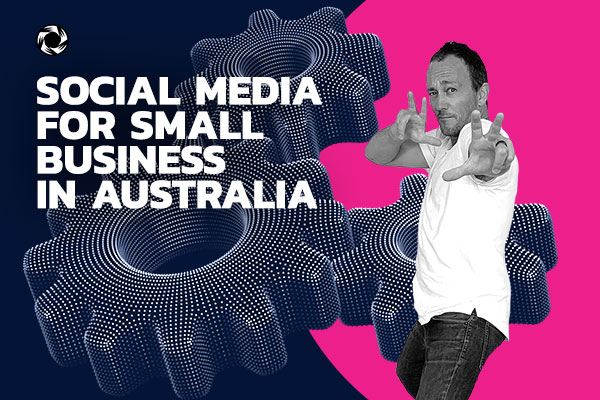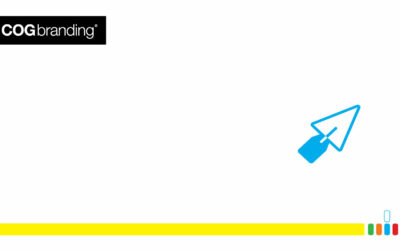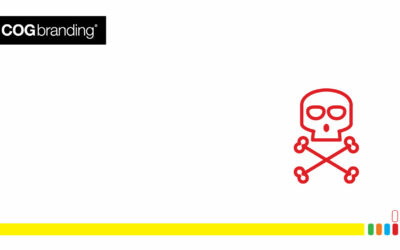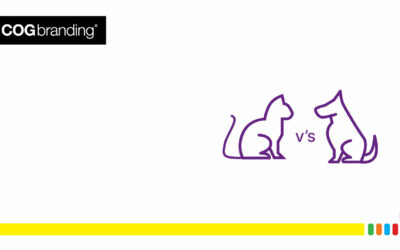Social Media for small business in Australia.
Social media can help you to market your business and connect with your customers. On this page you’ll find out about the different options available, and the pros and cons of using social media if you’re a small business in Australia.
What is social media?
Social media is online communication that allows you to interact with your customers and share information in real time. This can help you to reach your customers better, create online networks and sell and promote your products and services. It can be easy to get carried away when using social media for your business. It’s wise to tread carefully and be aware of both the pros and cons before you start. There are many benefits of social media for business, and Social media can help you engage with your customers and find out what people are saying about your business. You can also use social media for advertising, promotional giveaways and mobile applications.
Social media can help your business to:
- attract customers, get customer feedback and build customer loyalty
- increase your market reach, including international markets
- do market research and reduce marketing costs
- increase revenue by building customer networks and advertising
- develop your brand
- exchange ideas to improve the way you do business
- recruit skilled staff for example through job networking sites like LinkedIn
- increase traffic to your website and improve its search engine ranking
- keep an eye on your competitors.
Disadvantages of social media
You have to remember not all small businesses are the same. Social media may not be suited to every business. If you are unprepared and launch your social media presence without planning, you could waste valuable time and money. You should be aware that:
- if you don’t have a clear marketing or social media strategy, the benefits may be reduced
you may need additional resources to manage your online presence
social media is immediate and needs daily monitoring - if you don’t actively manage your social media presence, you may not see any real benefits
you may get unwanted or inappropriate behaviour on your site, including bullying and harassment
online exposure could attract risks such as negative feedback, information leaks or hacking
false or misleading claims made on your social media (by your business or a customer) can be subject to consumer law. You could be fined if a customer fan posts misleading or deceptive information, particularly about competitor products or services.
Whatever the risks, having a social media strategy and preparing your policy and procedures carefully beforehand can help you manage them.
Social media tools for business
Not all social media platforms will be right for your business. Consider saving save time and effort by using social media tools that your customers use. Below is a brief guide to help you understand some of the options available.
Social networking sites
there are numerous Social Networking sites allow you to create your own profile or page, network with others and share information (including promotions, images and video). Creating a business profile can help you to attract followers, get new customers and develop your brand. Examples of social networking sites include Facebook- external site, Pinterest- external site and Instagram- external site.
Job networking sites
Job networking sites can be used to build a professional business profile and connect with networks of skilled people for recruitment and development. An example is LinkedIn- external site.
Blogs
Blogs are online journals of thoughts, observations, promotions, links, images and videos. Blogs are typically public. They allow readers to comment on posts and interact with you. You can host them in-house or through a blogging platform that provides the software and website hosting. Some examples of free blogging tools include Blogger- external site and WordPress- external site
Micro-blog
Micro-blogs are used to send short messages to a network of followers. They can be useful if your business has a lot of information to share. Examples include Twitter- external site and Tumblr- external site.
Video sharing sites
Video sharing sites let you upload and share your videos. Users can then comment on and share your videos with others. Examples include YouTube- external site and Vimeo- external site.
Podcasts and Vodcasts
Podcasts are audio files with blog-style or lecture-style content. Vodcasts are podcasts in video format. They are usually available either for: download onto a computer or portable device (so it can be played offline)
streamed live.
Social-news communities
Social-news communities are websites where members share interesting news or links to others in the community. Social-news websites are not intended for selling your products and services. Examples include Digg- external site, StumbleUpon- external site or Reddit- external site.
Private social network services
Private social network services allow you to share information in your private network. This is useful for businesses that want to develop a secure organisation-only network to share knowledge. An example is Yammer- external site.
Location-based services
Location-based services helps you connect and interact with other people and businesses in your area. Foursquare- external site is an example that also enables you to recommend or rate businesses in that area.
Create Your Social Media Strategy
Doing the groundwork before you start is critical to a successful social media presence. By developing your social media strategy you’re able to create compelling content, engage with your customers at the right time and generate sales. A social media digital strategy describes how your business will use social media to achieve its communications aims. It also outlines the social platforms and tools you’ll use to achieve this. Follow your strategy and don’t overwhelm your customers with unnecessary posts. Remain focused on reaching your specific goals and tailor your messages around these.
Contact us at COG Branding to discuss further how we can assist you in developing and growing your small Australian business through social media.



